How Much Does Body Armor Cost & Will It Actually Hold Up?
written by Andrew Schuler
Overall, body armor price range anywhere from $150-$3,000+, making it essential to understand the factors influencing its price. Ballistic protection is essential for law enforcement officers, military personnel, and anyone who feels they need it. It serves as a vital layer of defense against various types of ballistic threats, including bullets, fragments, and shrapnel.

How Much Does Body Armor or Bulletproof Vests Cost?
A primary factor affecting the overall armor price is its National Institute of Justice (NIJ) rating. The NIJ is a research, development, and evaluation agency that sets the standards for body armor in the United States. Ballistic armor with a higher NIJ rating provides greater protection against ballistic threats but comes at a higher cost.
Another factor that influences the cost of body armor is the type of armor system you purchase. There are various forms of ballistic protection available in the market, such as soft armor and hard body armor, and plate carriers. Each type of armor has unique features, advantages, and disadvantages, and their prices can vary accordingly.
Finally, the materials used in manufacturing armor also play a crucial role in determining its cost. High-quality materials such as Kevlar® and other ceramic plates are more expensive than other materials, such as steel or plastic. The quality of the stitching, the durability of the carrier, and the level of customization also impact the overall price of the armor.
How Much Does Body Armor Cost? – Kevlar, Polyethylene, etc.
In general, good quality body armor will cost between $300 - $1,000.
Kevlar armor, for instance, is a popular material used in soft armor, as it's known for being highly durable and effective against stopping bullets. But, Kevlar can be more expensive than other materials due to the higher quality.
Another type of material, polyethylene, is commonly used in hard armor but is both lightweight and affordable. It is typically lighter than other materials like ceramic and steel armor, therefore, making it more comfortable to wear for extended periods.
How Much Does A Bullet Proof Vest Cost?
The cost of a bulletproof vest will fall between $300-$1500 depending on their protection level, the material used, and the extra accessories added.

To give you an idea: Plate carriers (without plates), which provide a high level of protection and allow for customization, can cost anywhere from $150 to $1000.
In comparison, concealable ballistic armor designed to be worn under clothing typically ranges from $200 to $600.
While tactical armor, which includes additional accessories such as MOLLE webbing, magazine pouches, and hydration carriers, can cost between $500 to $1500, depending on the level of customization desired. Of course, adding more accessories can add up, but it can also make the armor more versatile and effective in the field.
How Much Does A Soft Body Armor Vest Cost?
Soft body armor vests will cost between $500 - $1,000+.
Soft armor provides greater usability and concealment than other types of armor systems, making it a popular option for personal protection. It is rated at Level II or Level IIIA, protecting most small arms ammunition. The price of a bulletproof vest may vary depending on the type of armor, quality, and brand, but a good quality vest made of aramids will usually fall within that price range.

For example, a level 2 vest price may fall closer to the $500 range, while a more advanced level 3 bulletproof vest price may fall towards the $1,000 end.
Kevlar body armor costs:
- Basic Kevlar vest: around $300
- Higher-end Kevlar vest with advanced features: $800 or more
- The cost of level iiia body armor used with Kevlar: $500 - $1,000+ (depending on the quality and brand)
- Additional features and accessories, such as plate carriers or bulletproof plates, may add to the cost.
Nylon body armor:
- Basic nylon vest: around $200
- Higher-end nylon vest with advanced features: $500 or more
- Soft armor made of nylon, rated at Level II or Level IIIA: $300 - $800+ (depending on the quality and brand)
- Additional features and accessories, such as plate carriers or bulletproof plates, may add to the cost.
How much does hard body armor cost?
A good quality rifle-rated plate will cost between $300 - $800. Ceramic body armor, for example, tends to be on the higher end of the price range, with a typical cost of around $500 - $800, while steel armor is on the lower end, with a typical cost of around $300 - $500.
 In contrast, a Level III polyethylene plate coming from a reputable manufacturer, for example, can cost between $300 to $600 per plate. While a Level IV polyethylene body armor plate, which offers higher protection against rifle rounds, can cost between $500 to $1,000 per plate.
In contrast, a Level III polyethylene plate coming from a reputable manufacturer, for example, can cost between $300 to $600 per plate. While a Level IV polyethylene body armor plate, which offers higher protection against rifle rounds, can cost between $500 to $1,000 per plate.
Polyethylene can offer the same level of protection as ceramic body armor at a lower cost, with the added benefits of being lighter and more flexible. So, even though ceramic material have been the traditional choice for high-level protection against rifle rounds, advancements in materials have made polyethylene a viable and sometimes superior option.
Backpack Body Armor Cost
Backpack body armor will cost between $75 - $500.
At Premier Body Armor, we offer armor bundles that include a backpack with armor panels, such as the Vertx Commuter Sling 3.0 with level IIIA body armor. This is a great, budget-friendly way to armor yourself.

When you purchase a bundle like this, you can be assured that the backpack and armor plates work together and provide optimal protection. Overall, a concept like this one is an excellent option for those looking to protect themselves while on the go and want a convenient, all-in-one solution.
How Do Body Armor Levels Impact The Cost Of Body Armor
The cost of ballistic armor can vary widely depending on the level of protection it provides or its NIJ level. Ballistic protection levels are based on the type of ammunition it can withstand, with higher levels providing greater protection against higher velocity rounds. Here are some ways the levels impact the cost of ballistic armor:
Level 2 Body Armor Cost
Good quality level II body armor will cost between $300 - $700. This type of armor is designed to stop lower velocity rounds such as 9mm and .357 Magnum.

Level 3A Body Armor Cost
Good quality Level IIIA body armor costs between $300 to $800. This type of armor protects against most handgun rounds and some higher-velocity rifle rounds, such as the .357 SIG and .44 Magnum.

This is the most common level of armor used in soft bulletproof vests and backpack inserts, as it will protect against a majority of everyday threats.
Level 3 Body Armor Cost
Good quality level III body armor costs between $300 - $800. Level III armor is designed to stop most common handgun rounds, as well as some rifle rounds, and is commonly used by law enforcement officers and civilians who want an extra layer of protection.

This level of ballistic protection is usually when the armor is a hard plate to protect against rifle rounds.
Level 3+ Body Armor Cost
Good quality level III+ body armor costs between $500 - $1000. Level III+ armor provides enhanced protection against a range of high-powered rifle rounds. The + is not a designated distinction, and its meaning varies with each manufacturer.

For Premier Body Armor, the + indicates that armor has been tested above the standard rounds for Level III.
Level 4 Body Armor Cost
Good quality level IV body armor will typically cost between $700 - $1500. Level IV armor is designed to stop rifle rounds, including armor-piercing rounds, and is commonly used by military personnel, law enforcement agencies, private security personnel, or those in high-threat environments.

What To Consider When Choosing Body Armor
There are several factors to keep in mind when choosing your armor system – all of which affect the cost. Things factors include things like the ballistic armor’s durability, weight, protection level, quality of materials & manufacturing, and, of course, its price.
Body Armor Levels
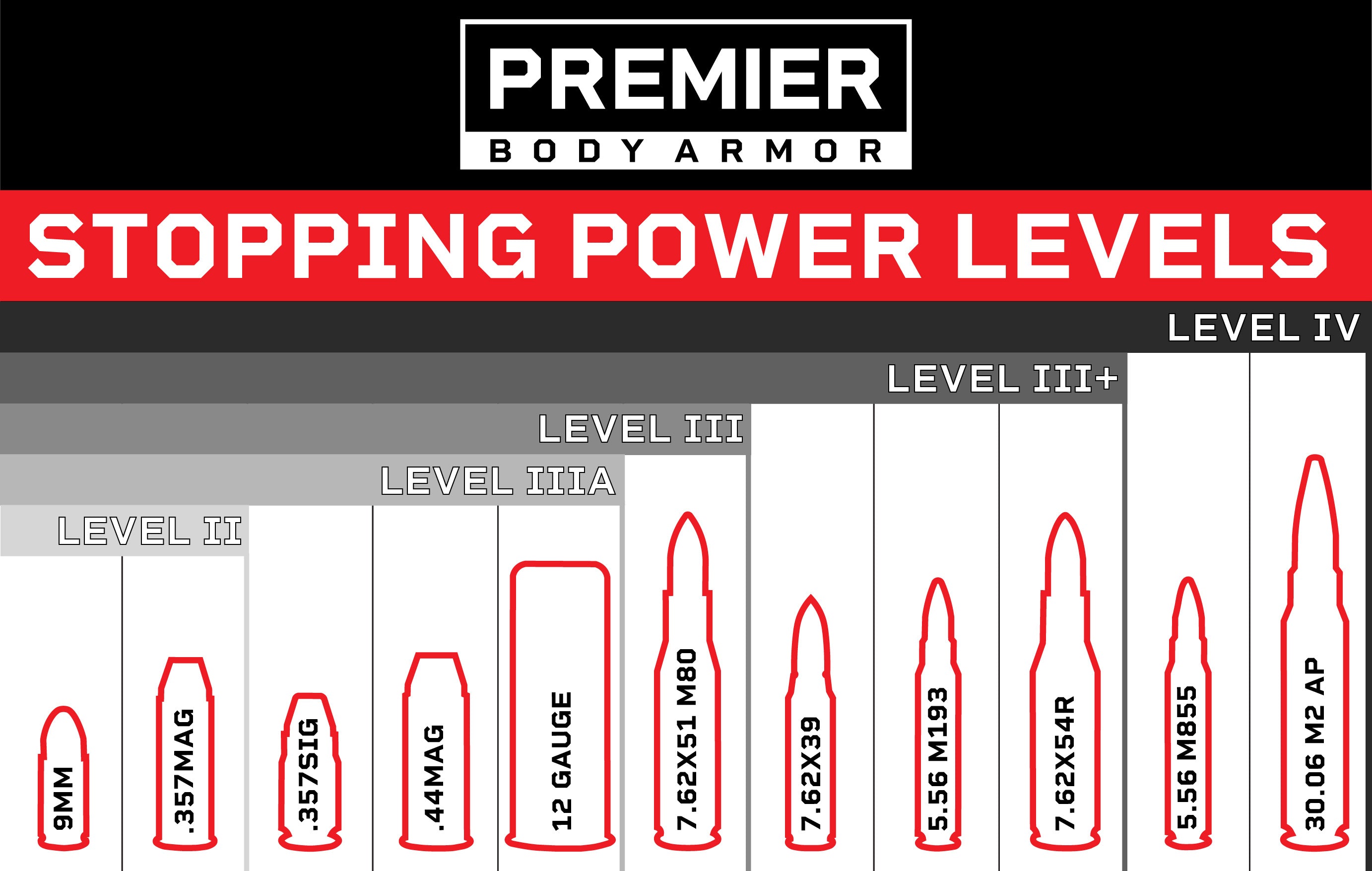
You can learn more about the NIJ ratings in our Understanding Body Armor Levels article.
How Can You Tell If A Setup Is High-Quality Body Armor?
One of the most important factors when choosing the right type of armor system for you is ensuring that the armor you select is of good quality. The level of protection provided by the armor can mean the difference between life and death, so it's essential to know if a setup is first-rate. Here are a few factors to help determine if your body armor is of high quality:
- Durability
- Weight
- Pinch test
- Protection level
- Cost
Durability
One of the most important factors in determining the quality of body armor is its durability. Ballistic protection is designed to take impact and protect the wearer from injury, which means it must withstand heavy use and potential abuse. When examining body armor, look for armor made of durable materials, such as Kevlar, that can withstand impact and stress.
Weight
Another important factor to consider when determining the quality of body armor is its weight. While both heavier and lightweight armor can provide the same level of protection, many feel that lighter weight armor is of higher quality because of the manufacturing processes to get the armor as light as possible without compromising protection.
The Body Armor Pinch Test
The pinch test is a quick and easy way to determine whether the armor you are examining is high-quality. To perform the test, pinch the armor material between your fingers and then release it. You should not feel any foam in the ballistic package.

Also, the layers of aramid should be in a high enough quantity to not only protect from bullets but also prevent backface deformation. If you feel foam when pinching a ballistic package, it’s because the quality of the materials isn’t good enough to prevent blunt force trauma on its own.
Protection Level
The level of protection provided to a body armor system is a crucial factor in determining its quality. The National Institute of Justice (NIJ) rates different types of armor based on the ammunition they can protect against. Ensure that the armor you select is rated for the level of protection you require, whether for personal use, law enforcement, or military use.
Cost
Finally, the cost, as with any product, can indicate the quality of body armor. While cost shouldn't be the sole factor in determining the quality, it can provide a good indication of its overall value. High-quality armor tends to be more expensive due to durable, quality materials and advanced construction techniques.
When it comes to selecting high-quality body armor, look for something durable, lightweight, and rated for the level of protection you require. Also, perform what we call the pinch test to quickly determine whether the armor you are examining is of good quality. While cost can be an indicator of quality, it shouldn't be the only factor you consider.
Why Is Body Armor Expensive?
Body armor is expensive because of the materials and manufacturing processes involved in its production. High-quality armor is made of advanced materials that are designed to protect the wearer from impact. Making ballistic armor also requires specialized machinery and skilled labor, adding to the production cost. In addition, the process of making armor consists of rigorous testing and certification to meet the necessary standards for protection.

Body Armor Lifespan
Most body armor manufacturers provide an estimated lifespan ranging from 5 to 10 years. Premier Body Armor offers a much longer warranty than most, as we provide up to a 20-year warranty on some of our armor, meaning you get more value for your dollars spent.
Are You Able To Trust The Source?
When purchasing body armor, trust in the source is essential. This is why American-made body armor is increasingly becoming popular, with stricter regulations, better testing, and quality control measures. Today, though, with many manufacturers based in China, questions may arise about whether they cut corners to save on costs. So, that begs the question: Would you trust your life with a questionable vendor?
At Premier Body Armor, we are a leading manufacturer of American-made body armor. We control the entire production process, from sourcing materials from U.S. vendors to assembling the final product in American factories. This control allows us to ensure that every component meets its strict quality standards, resulting in a final product that is highly reliable and follows Berry Compliant standards.
 Two main components are crucial in body armor – the armor itself and the carriers. While high-quality plates are necessary to protect against ballistic threats, a poorly made carrier can affect comfort and mobility, thus compromising the effectiveness of the armor. By choosing American-made personal protective gear, you can be confident that you are getting a high-quality product that offers both protection and comfort.
Two main components are crucial in body armor – the armor itself and the carriers. While high-quality plates are necessary to protect against ballistic threats, a poorly made carrier can affect comfort and mobility, thus compromising the effectiveness of the armor. By choosing American-made personal protective gear, you can be confident that you are getting a high-quality product that offers both protection and comfort.
Choosing American-made body armor from a trusted source like Premier Body Armor guarantees you get a high-quality product. Of course, putting your trust in American-made ballistic protection is not just about appealing to nationalism but ensuring that you invest in a product that provides peace of mind when you need it the most.
Will Cheap Body Armor Work?
While low-cost body armor may seem like a good deal, it's crucial to be cautious. These products may not provide the same level of protection or meet rigorous safety standards as more expensive alternatives. In some cases, low-quality armor may do more harm than good by failing to protect you as intended or breaking apart upon impact.
Body Armor Warranties
When shopping around, it's worthwhile to consider the warranty offered by the manufacturer. Here are a few things to look for in a body armor warranty:
- Length of warranty: A good warranty should cover the product for a reasonable length of time. Look for a warranty that covers the armor for at least five years.
- Coverage: The warranty should cover defects in materials and workmanship. It should also cover ballistic performance, meaning that if the armor fails to perform to the manufacturer's stated standards, it will be replaced or repaired.
- Transferability: Some warranties are not transferable, meaning that they only apply to the original purchaser. If you plan to sell your body armor or pass it down to someone else, look for a warranty that is transferable.
- Exclusions: Make sure you read the fine print of the warranty to see what is excluded. Some warranties may not cover damage caused by misuse, abuse, or alterations to the armor.
- Manufacturer reputation: Consider the reputation of the manufacturer when evaluating the warranty. A reputable manufacturer with a history of standing behind their products is more likely to honor their warranty.
Lastly, remember that a warranty is only as good as the company that stands behind it, so do your research before making a purchase.
Multi Strike Ability
On another note, the multi-strike ability is the capability of body armor to withstand multiple hits without compromise. Not all armor plates are created equal in this regard, as some are better than others at handling multiple impacts.
The key factor that determines a plate's multi-strike ability is the type of material it is made from. Ceramic plates, for example, are designed to absorb the impact of a bullet by shattering upon impact, which means they are unsuitable for multiple hits. On the other hand, steel plates are much more durable and can withstand multiple hits without breaking down.

No armor is multi-hit capable in the same spot.
Another factor to consider is the plate's thickness. Generally speaking, thicker plates are better at absorbing multiple hits than thinner ones. But, thicker plates can also be heavier and less comfortable for extended periods.
When selecting body armor, assessing the likelihood of facing multiple threats is important. If multiple hits have a higher risk, it may be worth investing in plates with a higher multi-strike rating, even if they are heavier or more expensive.
The price of body armor can differ greatly based on several aspects, such as the NIJ level of protection, material, and quality. Though it might appear costly, obtaining premium protective gear is critical, considering it’s a product designed to save your life.
Before you buy body armor, it's crucial to explore the available options and select the one that suits your requirements and budget. Wearing it can offer great security in dangerous situations, so if you find yourself in just that, then high-quality body armor is well worth the purchase.



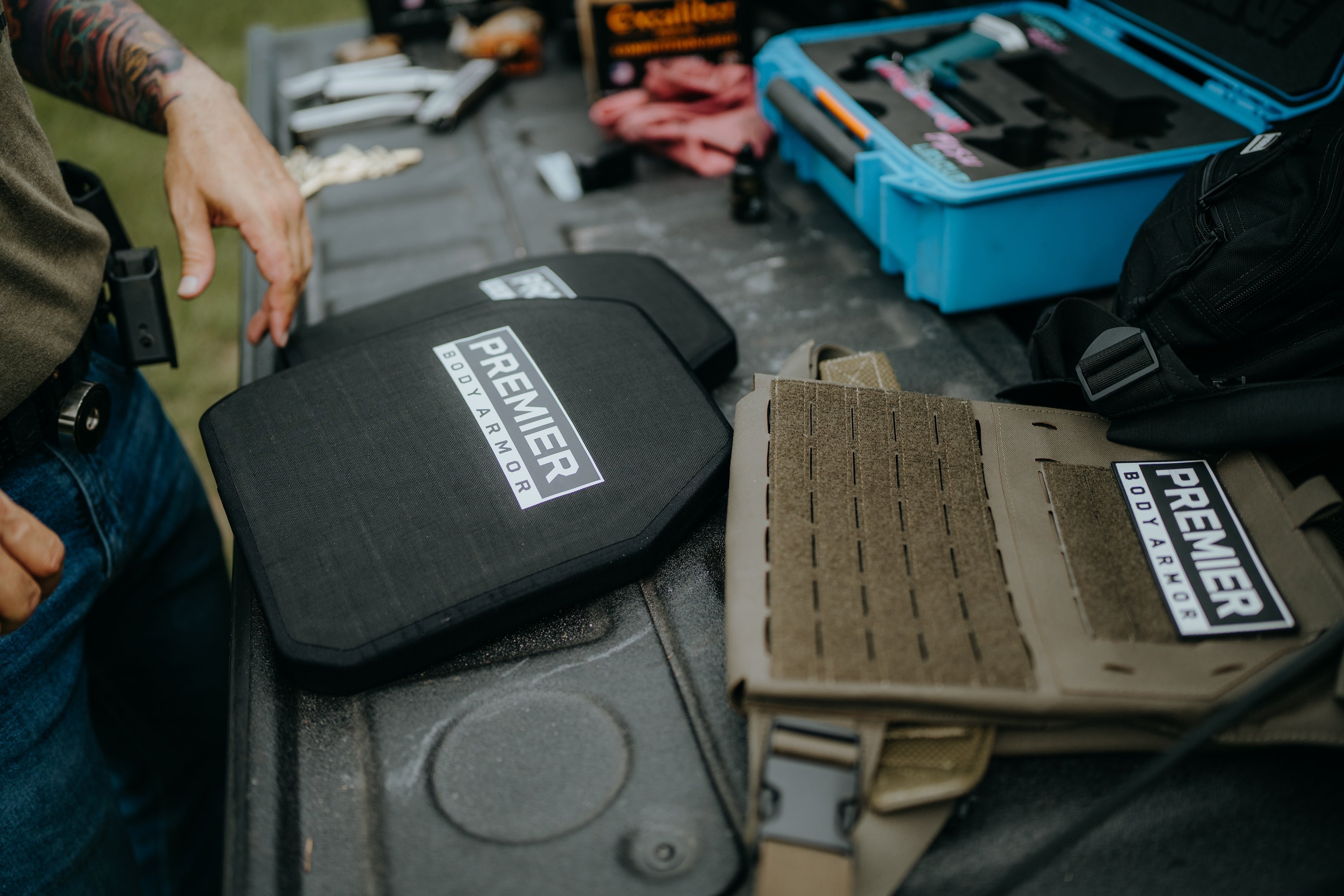
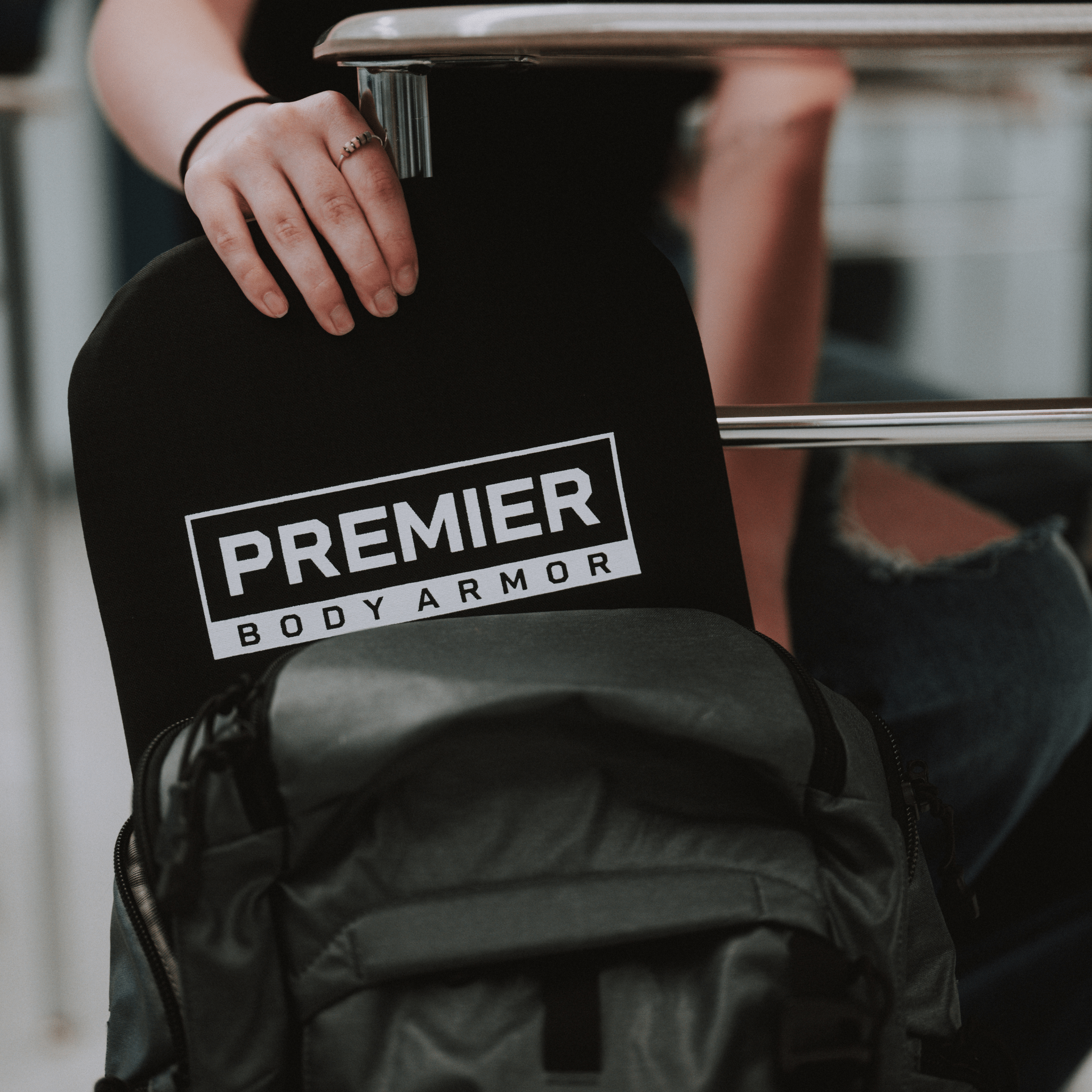
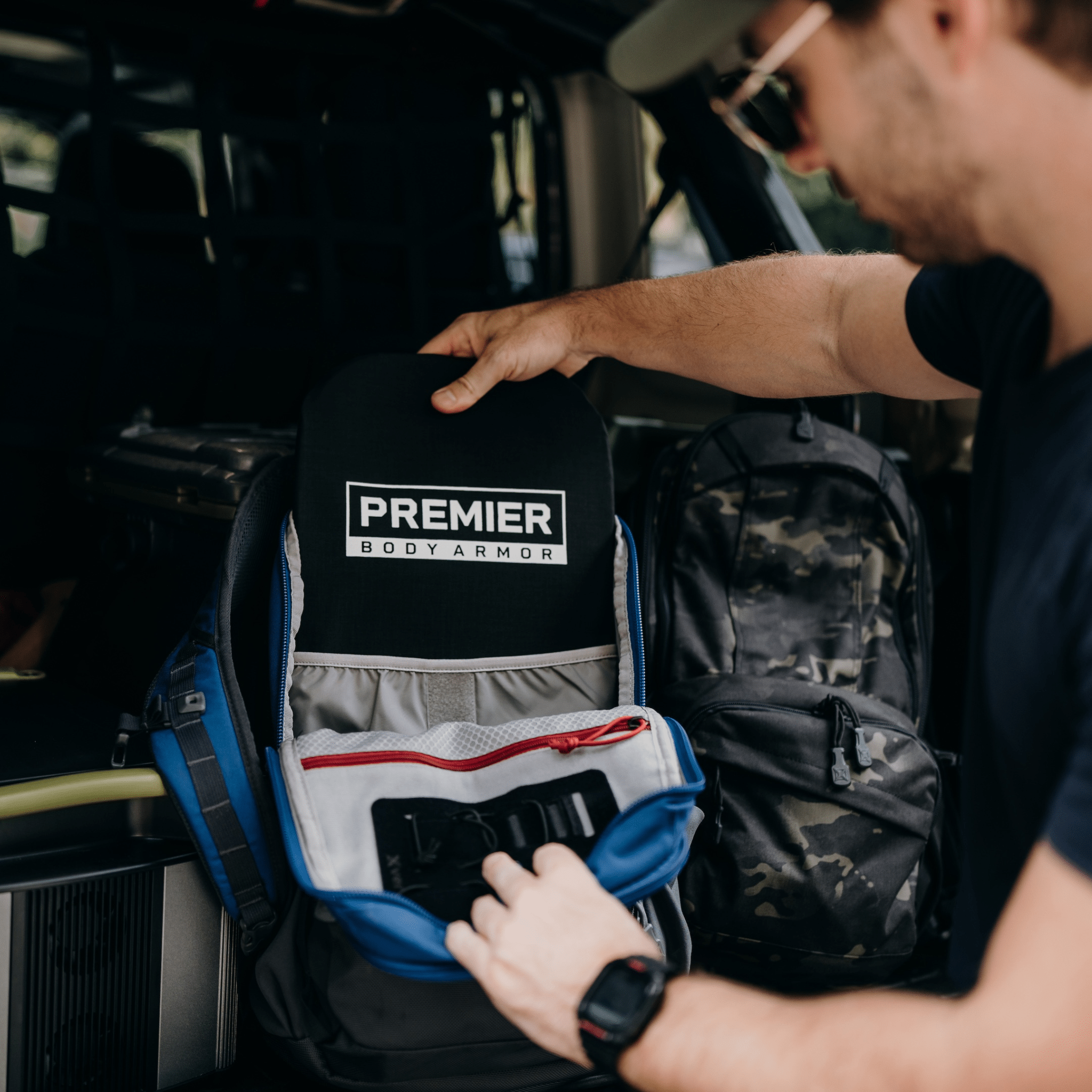
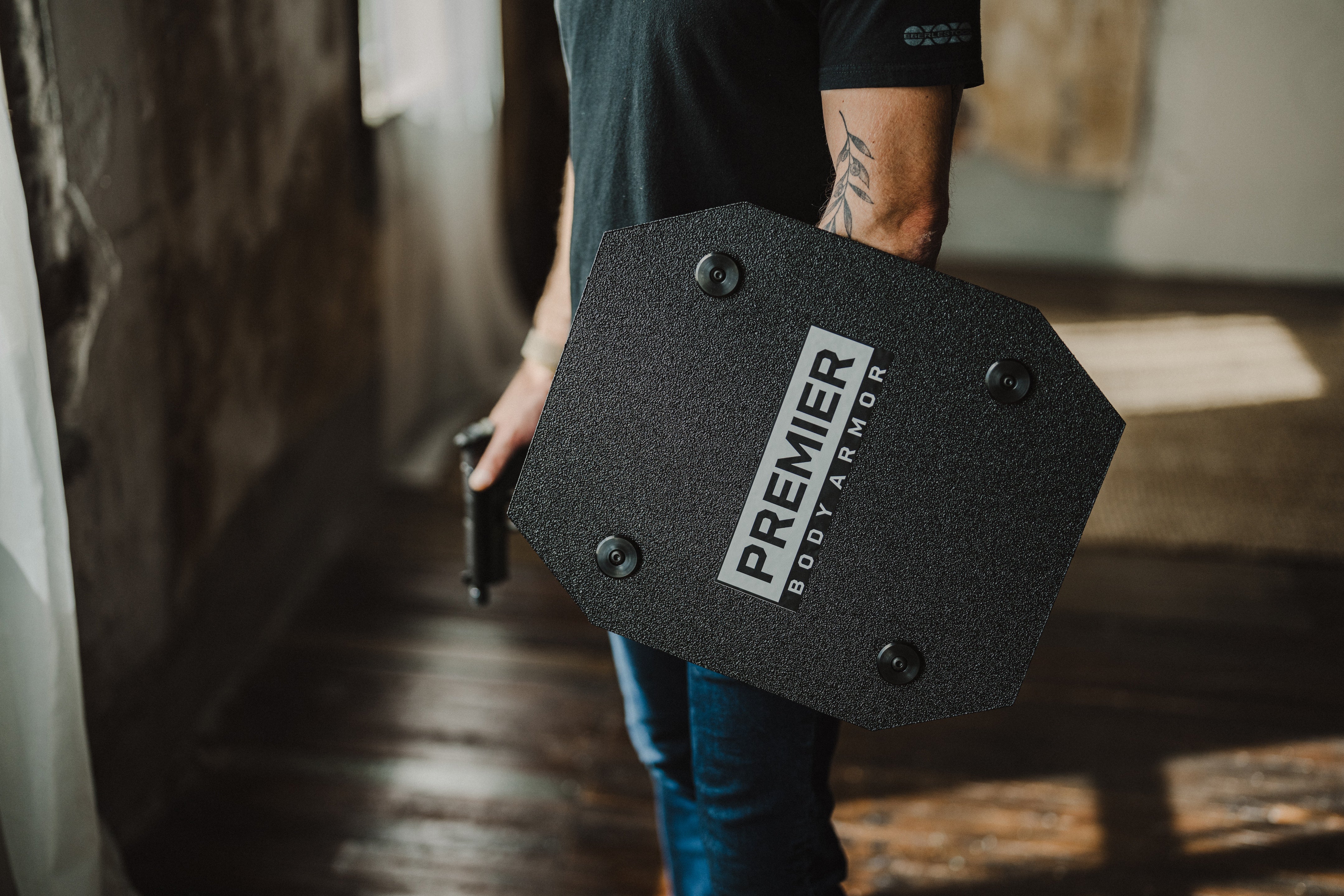



Leave a comment